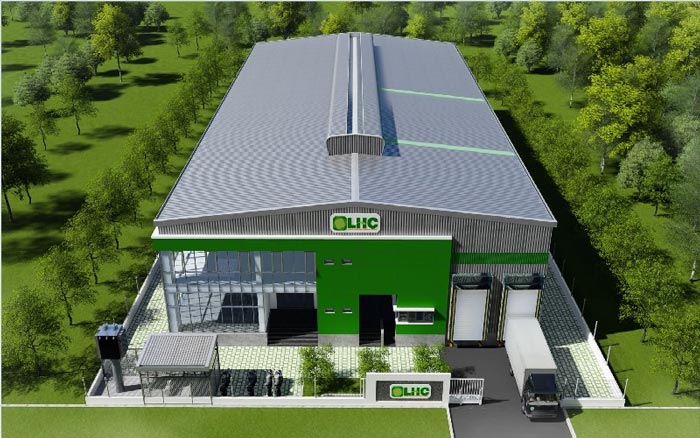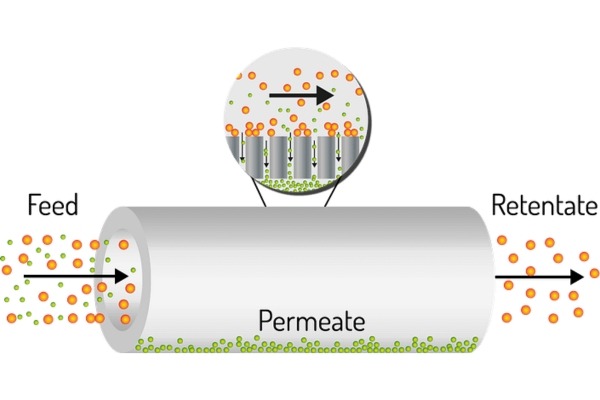Repair clauses in commercial leases: What tenants need to know

When a commercial property lease ends, there is often a misunderstanding that the tenant only has to return the property in the same condition in which they took it.
To ensure that tenants don’t find themselves with a substantial dilapidations bill at the end of the lease term, it is vital that they fully understand the repair provisions.
Full Repairing Lease
When leasing a whole building, a full repairing lease means the tenant is responsible for all repairs, including the structure and roof. For a part of a building, the tenant handles interior and non-structural repairs, while the landlord manages structural and external repairs, recovering costs through a service charge.
Understanding Repair Clauses
To “keep” the property in repair:
The obligation includes putting the property into repair, not just addressing disrepair during the lease. Repair means restoring the property as if it were undamaged.
To keep the property in “good repair” / “good and tenantable repair” / “substantial repair”:
These terms generally have no practical difference. Tenants must negotiate reasonable repair standards, while landlords aim to shift repair liability to the tenant.
To keep the property in good and/or tenantable “repair and condition”:
This obligation is more burdensome, requiring maintenance even without actual disrepair.
Why It Matters
At the lease end, the repair clause influences dilapidations costs. The wording determines included repairs, impacting the final liability. Failure to grasp the repair obligations can lead to substantial costs for tenants.
Avoiding Expensive Dilapidations Claims
Tenants should request a schedule of condition before leasing, prepared by an independent surveyor. This document notes disrepair items, limiting repair obligations based on the property’s documented condition. This initial cost can save significant expenses at the lease end.
Some defects, especially in new builds, may not be apparent initially. Tenants should exclude inherent or latent defects from their repair responsibilities, shifting this liability to the landlord. If a property is in poor condition, negotiating the lease repair clause is crucial to limit the tenant’s exposure.
In summary, understanding repair provisions before signing a commercial lease is vital. Negotiating favorable terms and obtaining a schedule of condition can protect tenants from unexpected and costly dilapidations claims at the lease conclusion.
Renting a workshop in Long Hau Industrial Park
If your business is looking to rent a fully-equipped workshop, consider exploring the offerings of Long Hau Corporation. We are the driving force behind the Long Hau industrial park vietnam projects, spanning nearly 500 hectares in total.
Discover the Benefits:
- Ready-Built Factories: Explore our ready-built factories available for rent at Long Hau Industrial Park.
- Proven Experience: With 17 years of development expertise, Long Hau Industrial Park has earned the trust of over 200 domestic and international investors. We stand as a reliable partner for sustainable development.
- Commitment to Quality: Long Hau Corporation prioritizes top-notch infrastructure, ensuring that businesses receive the best solutions for their needs.
Refer to the article: factory vietnam

Whether you’re looking to expand production or invest in infrastructure, Long Hau Industrial Park offers a range of solutions. Check out our latest updated price list to find the perfect fit for your business needs. We’re here to support your growth and success.
Refer to the article: Top list of Industrial Parks in Vietnam





